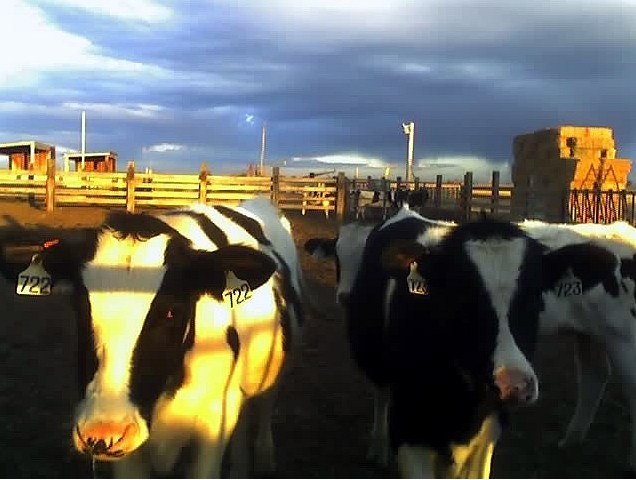
What are the GIPSA Rules?
The new GIPSA rules are named for the Grain Inspection, Packers and Stockyard Administrators arm of the USDA. These rules, passed in the 2008 Farm Bill, require enforcement of the 1921 Packers and Stockyard Act. Since this law was never enforced, large companies have been able to push farmers into unfair contracts. Discrimination against farmers has gone unprosecuted, which these rules seek to remedy.
Weaknesses Prior to the GIPSA Rules
Before these rules, the system only supported large meatpackers and poultry processors and without competition, these companies were free to charge their farmers less than the actual cost to raise their products and could force them into unfair contracts. The savings from food being produced at such a large scale were not passed on to consumers and food prices have inflated considerably in the last few years. Furthermore, the environmental and public health impact of farming at such a large scale was propagated and supported under this system.
What Changes are Proposed?
- One buyer can no longer represent multiple meatpackers at auctions, which reduces competition in bidding on livestock.
- Large cattle and hog factory farms will no longer receive price premiums and secret preferential contracts.
- Prevents companies from requiring prohibitively expensive upgrades to equipment in working order.
- Poultry growers who publicize abusive contracts and punitive measures will no longer face retaliation.
What Will These Rules Change?
Enforcing the Packers and Stockyard Act will mean that meatpackers cannot unduly favor large companies. Greater competition from smaller farms will result in fairer prices for farmers and consumers. Smaller farms will have an easier time producing and selling their products and will receive fair prices, meaning their businesses will be profitable and sustainable.
What Is the Status of the GIPSA Rules?
In 2011, the USDA sent the GIPSA rules to the White House for a final round of approval. However, the end result of editing the rules meant that they were much weaker than initially proposed. While the final revision supported independent poultry farmers, those raising hogs and cattle did not receive any help. A small group of Congressmen sought to pass the remaining rules, but the House blocked funding and no further work has been done. The largest cuts from the GIPSA rules are:
- All producers growing the same animals would receive the same pay
- Any packer, swine producer or live poultry dealer would have been required to retain records detailing and justifying differential pricing
- The cuts removed protection for producers against unfair practices by packers
- Under the proposed rule, samples of each poultry contract would have been required to be published to improve transparency
- If this rule had been enacted, it would have prohibited paying growers less than the base pay